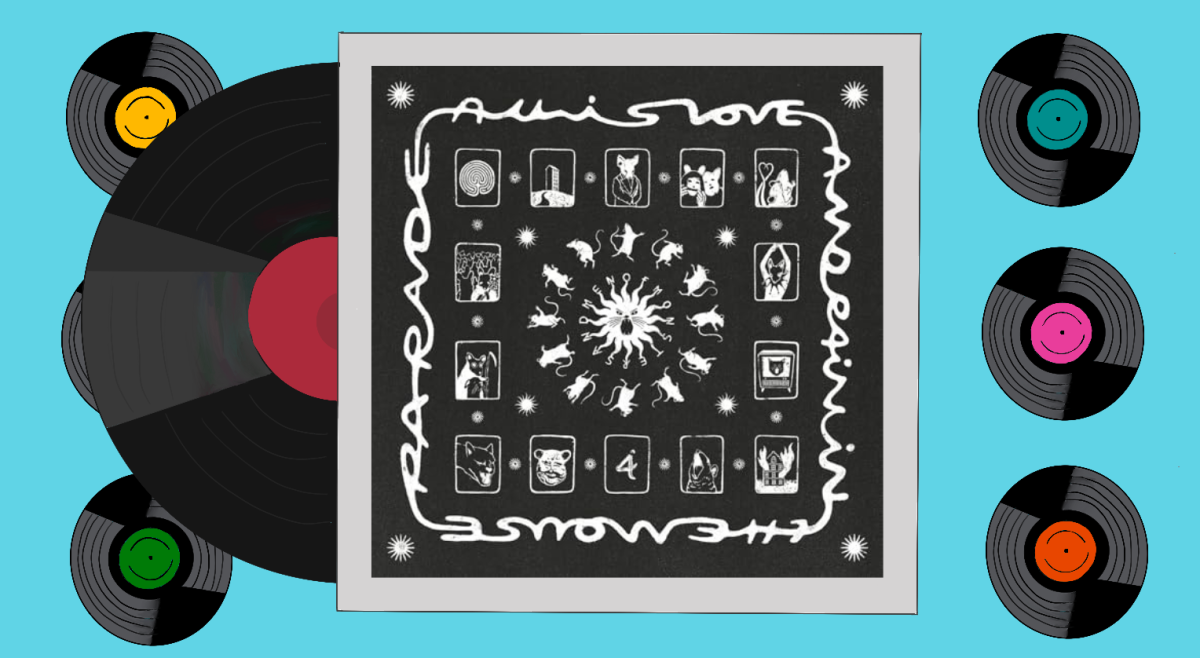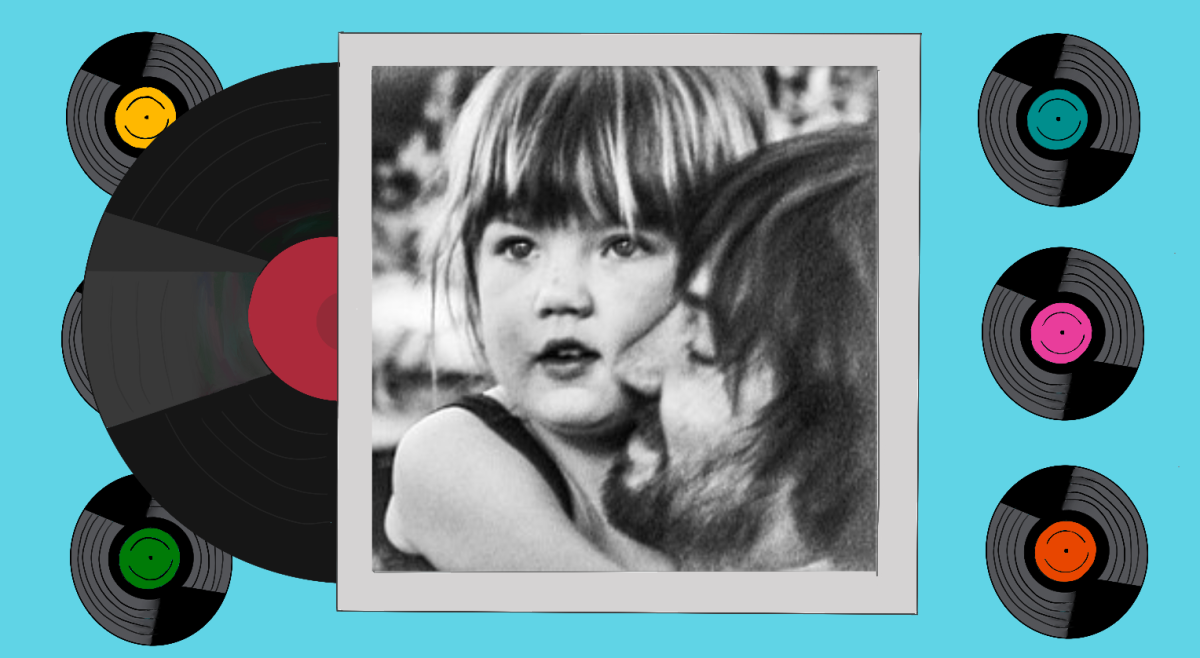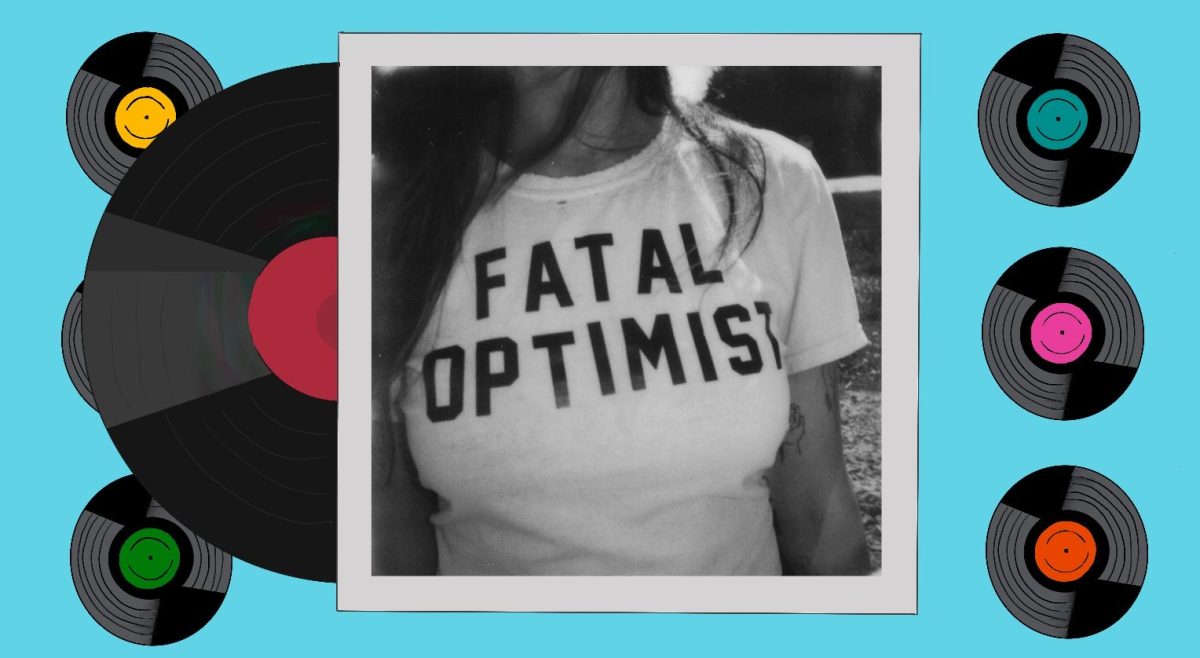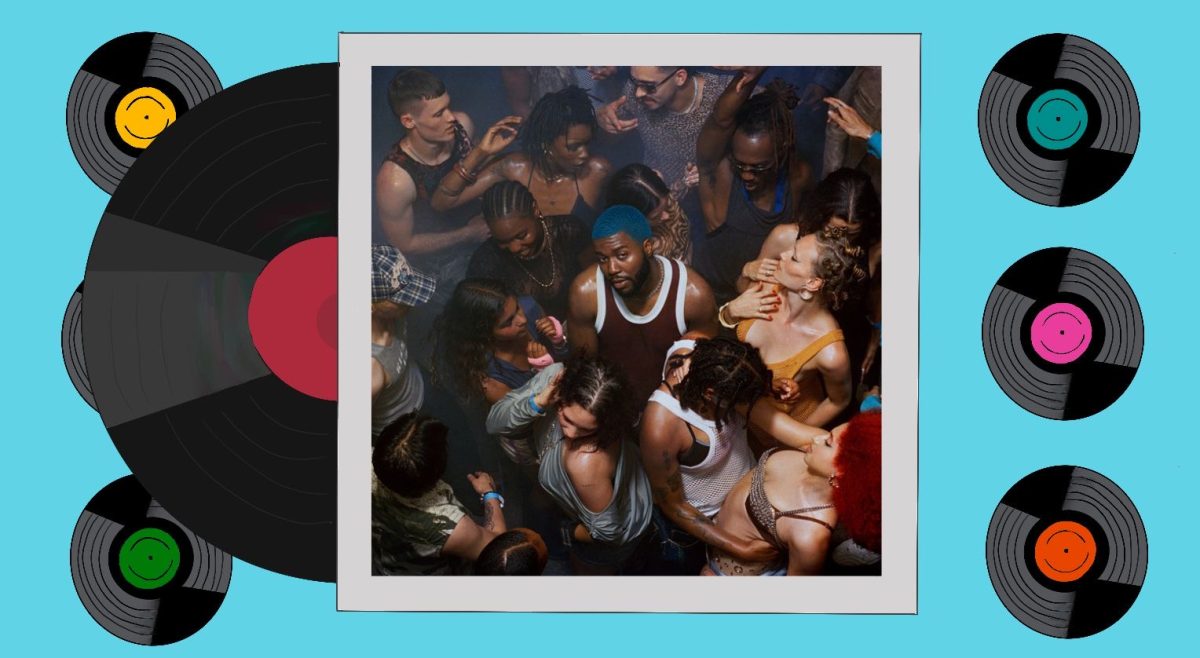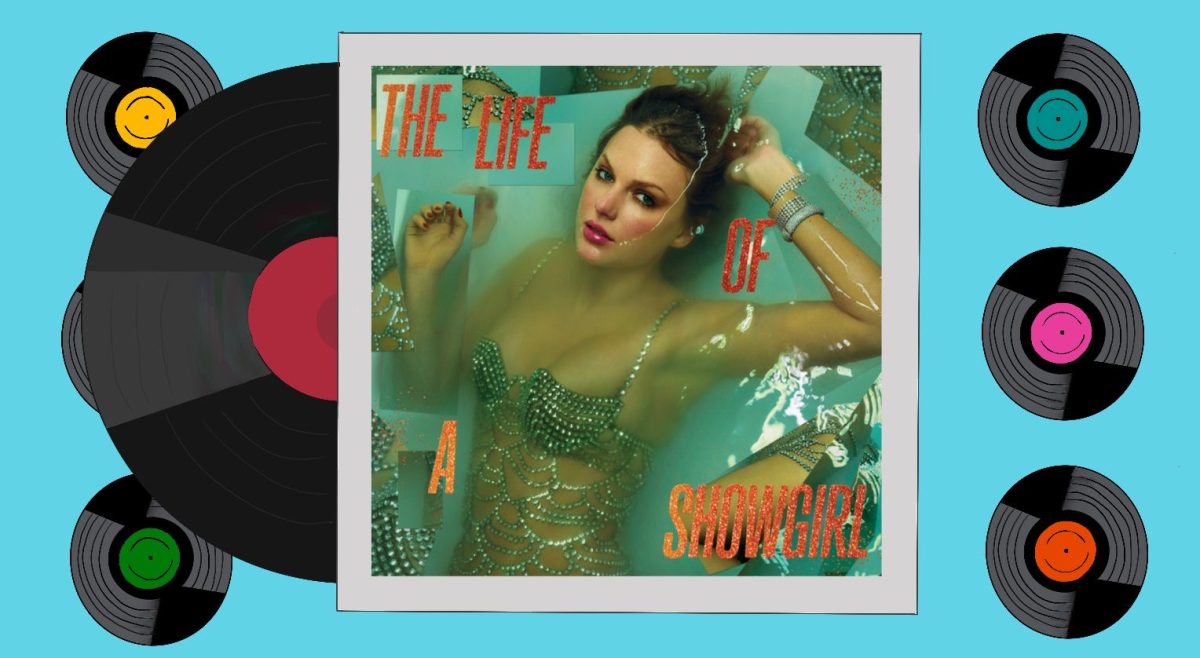★★★★☆
Icelandic folk-rock group Of Monsters and Men released their first major album in six years, All is Love and Pain in the Mouse Parade, on Friday. The product is grand, contemplative, and achingly vulnerable.
Of Monsters and Men is comprised of lyricist and lead singer Nanna Bryndís Hilmarsdóttir, singer and guitarist Ragnar Þórhallsson, lead guitarist Brynjar Leifsson, drummer Arnar Rósenkranz Hilmarsson, and bassist Kristján Páll Kristjánsson. The group is most known for their cult classic “Little Talks,” a song off their debut album My Head is an Animal. “Little Talks” gained traction upon its release, quickly receiving international recognition and becoming a staple melody of the 2010s.
After their initial success on My Head is an Animal, Of Monsters and Men struggled to match that same level of grandeur and profundity. Their latest release saves them from vanishing into obscurity and polishes some of the rough edges from their debut.
All is Love and Pain in the Mouse Parade harks back to an earlier, simpler time of indie folk while still feeling fresh. Its weighted yet conversational lyrics, polished production, and electronic instrumentation, as seen on tracks like “Television Love” and “The Block,” all take clear inspiration from the modern indie pop movement.
But the album’s softer melodies with steady, stomping beats on tracks like “The Actor” and “The End” are reminiscent of their debut album and bands like Fleet Foxes or Edward Sharpe and the Magnetic Zeroes, solidifying Of Monsters and Men’s roots in 2000s folk.
The lyrics are sensitive and tinged with desperation, with repetitive phrases that ruminate on lost love.
“Keep it separated, is it enough / that I’m playing the part?” sings Hilmarsdóttir in “The Actor.”
The feeling of longing is apparent throughout the album, and these heartfelt lyrics grapple with the difficulties of these emotions.
Its title track, “Mouse Parade,” stands out as hauntingly beautiful. The lyrics are bare and simplistic, which work in tandem with Hilmarsdóttir’s undulating and fragile vocalization to evoke a sense of solitude.
“Some lost / We stay, we wait / All is love / And pain, mouse parade,” sings Hilmarsdóttir.
The more upbeat numbers set themselves apart with their grand orchestration mixed with electric instruments. The opening track, “Television Love,” is dramatic and grand, working in stark contrast to the quiet folk sound of the more sensitive tracks. The song is tonally distinct, but the lyrics are just as raw.
“I’m bleedin’ love all over the place / A sea of love, hide my face,” sings Hilmarsdóttir.
“Television Love” easily sets the tone for an album that can juggle both stunningly uptempo tracks along with more subdued, earnest acoustic titles. Attractive drum fills and flashy tambourine punctuate every song, giving the entire record a unified character and distinct sound.
The album’s vocals are nothing short of exceptional, with Hilmarsdóttir and Þórhallsson trading verses throughout the runtime. Hilmarsdóttir’s in particular displays a wide vocal range, switching from belting ballads to quiet, wavering melodies.
Not every song is a home run, with some sounds not quite landing on their feet, but the album as a whole spins a beautiful narrative about love and relationships. Each song is passionate, and its sound is cohesive and enchanting.
Introspective and profound, the band reflects on longing and the human experience on the final track, aptly titled “The End.”
“Everything around here must / come down eventually / Come on, darlin’ / Come on, back to me / somehow,” Hilmarsdóttir and þórhallsson sing.
All is Love and Pain in the Mouse Parade, although not perfect, proves that Of Monsters and Men can still rise above their one-hit-wonder status.

